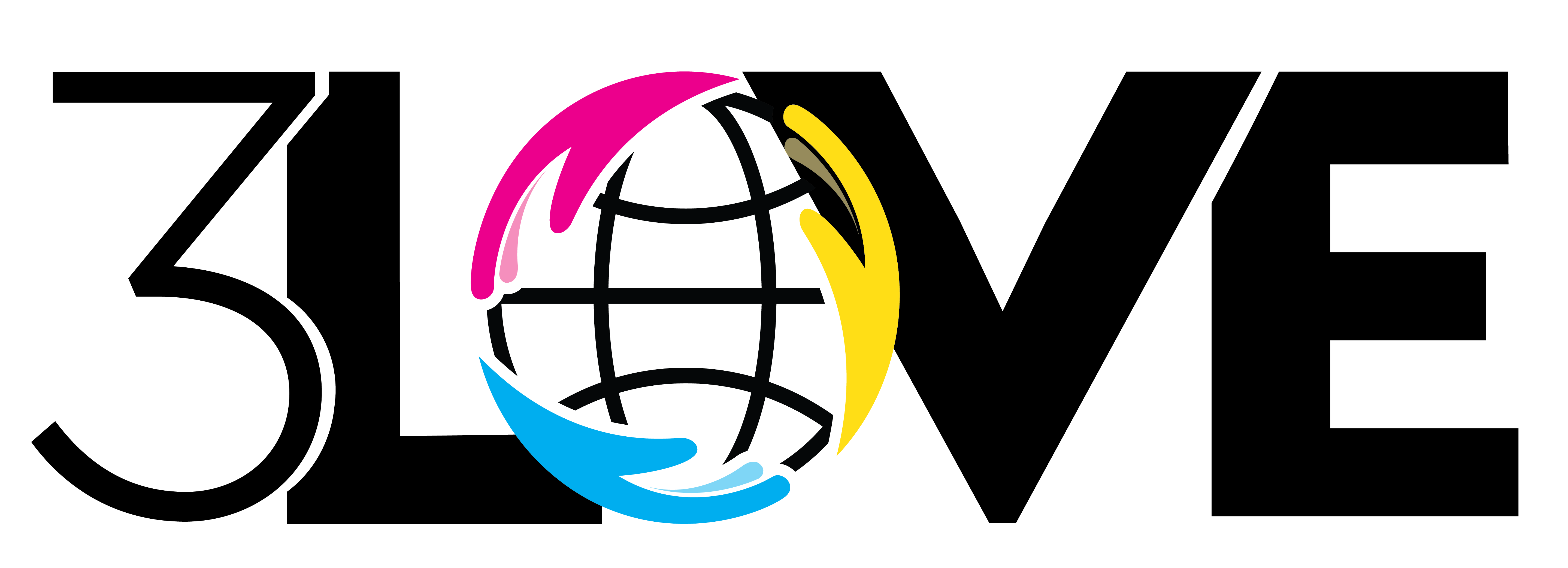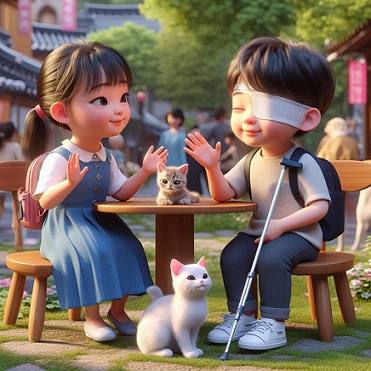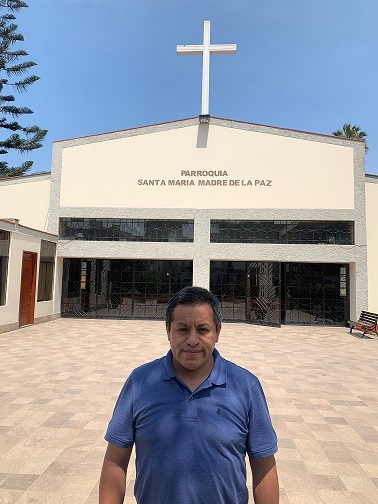Élodie (Songwoon) Kim was an intelligent and talented young South Korean woman who played a very important role in the 3Love Inc. team in recent years, translating many of the interviews and articles on our blog into the Korean language, as well as developing other projects in favor of the community. A few weeks after her departure from this world, we want to remember her warmth, her empathy, her professionalism and her great willingness to help others. We would also like to pay tribute to her by sharing a story about the change that this work generated in her life and, in turn, the legacy she left as a testimony of that change.
As part of her valuable contribution to the 3Love Inc. team, Élodie translated several blog articles related to the projects that our organization has developed in favor of children with disabilities, as well as interviews with experts on these topics. This allowed the blog texts to have a significant reach among the South Korean public. Reading and translating these texts generated a change in Élodie’s perspective, as she recognized that in Korean society, disability is often considered a taboo and people with disabilities suffer rejection or discrimination.
In July 2024, Élodie published an essay in which she recounts the context and background that inspired her to write the children’s book “The Story of the Blind Cat,” which features a child with a disability as the main character.
In this essay, she tells how her first approach to disability was when she was a child and met a security guard who worked in the apartment complex where she lived. He was a man with amputated fingers due to an injury, who was always kind and courteous to her.
But it was in elementary school that Élodie learned how adults and other children viewed people with disabilities with contempt or pity, even calling them derogatory terms. Over time, she discovered that school played a key role in shaping her awareness and perceptions of disability. And, unfortunately, the bad example set by others led her to also call different or weaker friends “disabled,” learning to avoid befriending them in order to escape bullying.
All this led Élodie to the following reflection on her change of perspective:
“Sometimes, categorizing can obscure the individual. In Korean society, this tendency is particularly strong, often locking individuals into categories like “disabled” and looking down on them (…). This happens because we learn to categorize people by wealth, education, status, and disability from a young age, and create hierarchies based on those categories.
I, regrettably, grew up in such an environment, uncritically accepting this hierarchical culture. But if asked whether I wish for future generations to view people this way, I would answer no. Though I have benefited from this vertical perception system, it has also caused me to live arrogantly, unable to see people for who they are, and I’ve seen many elites think similarly. And now, I know that such a mindset does not foster a happy society.
Not all categorization is bad, but it should aim to understand and care for others, not discriminate. Reflecting on this, I consider the direction of the “Story of a Blind Cat” project, hoping it contributes to building a healthier society”.
Finally, we would like to share these words of Élodie: “The small but persistent efforts of an ordinary person can influence our society”. May her example serve as an inspiration for others and may her legacy live on. We will always remember you, dear Élodie.


